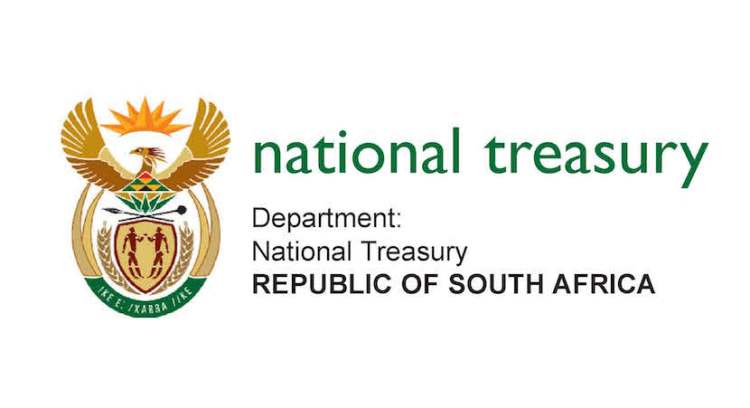Treasury seeks public comment into Municipal Fiscal Powers and Functions Bill
Development charges are a once-off charge levied by a municipality on the landowner as a condition for approving land development application.

- Country:
- South Africa
National Treasury is seeking public comment into the published Municipal Fiscal Powers and Functions Amendment Bill (MFPFAB).
The Amendment Bill provides for uniform regulation of development charges.
Development charges are a once-off charge levied by a municipality on the landowner as a condition for approving land development application. They are imposed to cover the costs incurred by the municipality when installing new infrastructure or upgrading an existing infrastructure that is required to service the proposed development.
Key reforms introduced through the Amendment Bill include the establishment of an unambiguous, fair and consistent basis for municipalities to recover development charges for all new land development projects that require statutory approvals through the municipal land use planning system.
The bill aims to increase the amount and the predictability of development charge revenue, to provide both municipalities and developers with more certainty and assurance that the costs of infrastructure are covered by its users.
“The incidence of the payment is also immediately apparent as the landowner pays and, to the extent that the market permits, the landowner will pass on these costs to the purchaser of the property that is sold,” said Treasury on Wednesday.
The Bill ensures that the cost of the municipal infrastructure required to service a new land development (including an intensification in land use) is primarily borne by its direct beneficiaries.
This it said, promotes the principles of aligning costs with benefits and intergenerational equity (i.e. the burden of paying for infrastructure) is shifted from the existing taxpayers to landowners and new users of the infrastructure.
The bill restricts the scope of engineering services to those already covered in the definition of engineering services provided in the Spatial Planning and Land Use Management Act (SPLUMA).
“These are the provision of water, sewerage, electricity, municipal roads, stormwater drainage, gas and solid waste collection and removal required for the purpose of land development,” said Treasury.
In addition, the bill provides flexibility for municipalities to levy development charges on other engineering services not specified in SPLUMA.
A provision has been made for a municipality to apply to the Minister of Finance for an extension of services to be included in the calculation of development charges.
Benefits of development charges
The National Treasury said the benefits of levying development charges ensure that infrastructure required to service new developments is paid by direct beneficiaries so that existing residents do not continue to subsidize new developments.
Development charges enable municipalities to provide infrastructure in a timely and sufficient manner thereby supporting economic development.
Members of the public are invited to submit written comments on the draft MFPFA Bill by 31 March 2020, via email to Development.Charges@treasury.gov.za . Inquiries may be directed to Mmachuene.Mpyana@treasury.gov.za .
Workshops
Parallel to the publication of the MFPFA Bill for public comments, the National Treasury will also undertake national and provincial workshops to provide technical clarity on the provisions of the bill.
The proposed schedule of the workshops for each province will be communicated in due course.
(With Inputs from South African Government Press Release)










